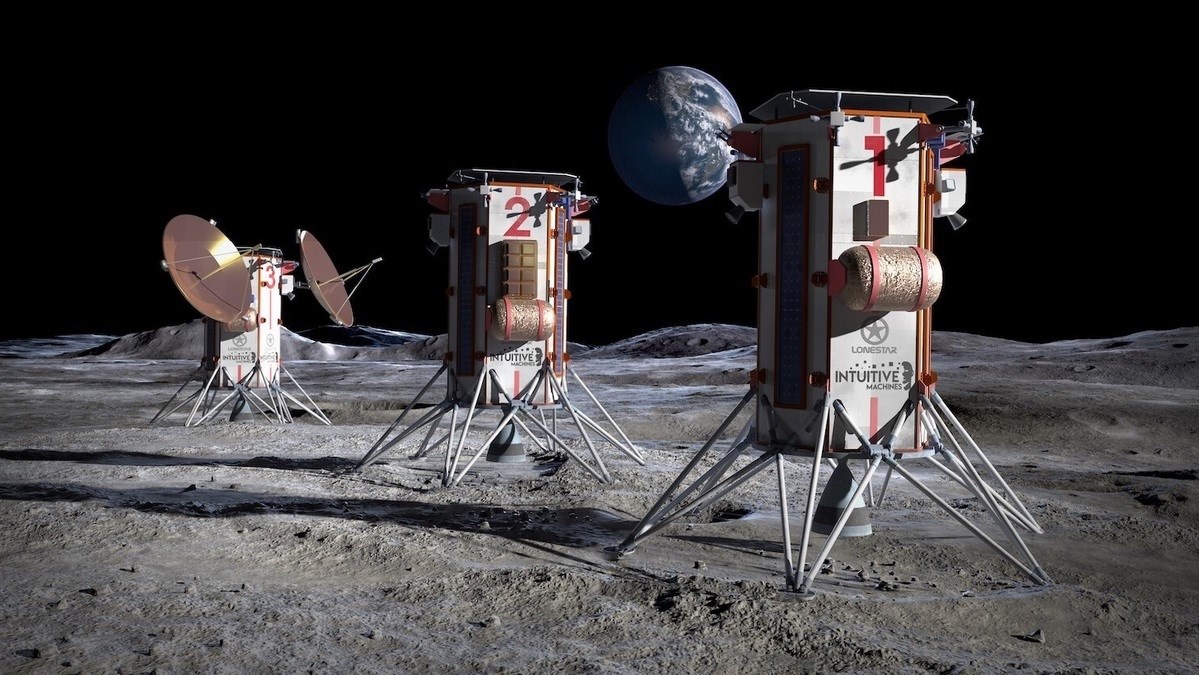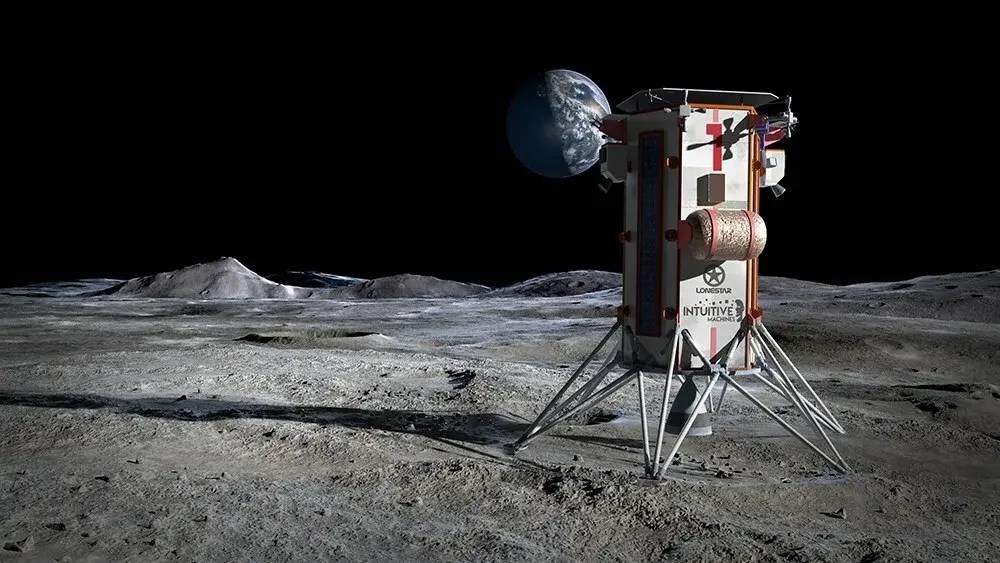 Space agency NASA, computer startup Lonestar and the Isle of Man are joining forces to pioneer a new data storage solution: using blockchain to securely store data on the Moon. Thanks to blockchain technology, data accuracy and transparency of lunar exploration organizations and space agencies can be increased.
Space agency NASA, computer startup Lonestar and the Isle of Man are joining forces to pioneer a new data storage solution: using blockchain to securely store data on the Moon. Thanks to blockchain technology, data accuracy and transparency of lunar exploration organizations and space agencies can be increased.A secure and unalterable record of lunar missions, including information about the spacecraft, cargo and mission targets, could be kept on the Moon using blockchain’s distributed ledger technology, BBC Science Focus reports. This could increase data accuracy and transparency for lunar exploration organizations and space agencies.
If a catastrophic disaster were to occur on Earth
 However, this new cooperation aims to preserve information or secrets in case our planet becomes uninhabitable. “We have seen many situations in history where knowledge is lost or cultures disappear,” Kurt Roosen, chief innovation officer at the Digital Isle of Man, said in a statement. Scientists will start by testing the storage capacity with flakes from the Isle of Man. A lunar data cube will be launched to the Moon in February 2024. This cube will be part of the Artemis program. Designed as a black rectangle, the cube will carry one terabyte of data and will be powered by solar energy. According to Roosen, the information they send will remain on the Moon forever. This makes it more sustainable than land-based storage solutions. But not everyone agrees with Roosen.
However, this new cooperation aims to preserve information or secrets in case our planet becomes uninhabitable. “We have seen many situations in history where knowledge is lost or cultures disappear,” Kurt Roosen, chief innovation officer at the Digital Isle of Man, said in a statement. Scientists will start by testing the storage capacity with flakes from the Isle of Man. A lunar data cube will be launched to the Moon in February 2024. This cube will be part of the Artemis program. Designed as a black rectangle, the cube will carry one terabyte of data and will be powered by solar energy. According to Roosen, the information they send will remain on the Moon forever. This makes it more sustainable than land-based storage solutions. But not everyone agrees with Roosen.Prof Peter Bentley, a computer scientist at University College London, said in a statement that the project was too expensive and that better solutions for secure storage could be found here on earth. Additionally, this method does not exactly solve problems such as data theft, according to Bentley.
As the three organizations move forward with their plans, it is important to remember that implementing blockchain technology in space or on the Moon will present formidable technological and logistical hurdles. Building and maintaining a network infrastructure, addressing data transfer latency, and ensuring the security and resilience of blockchain systems in the harsh environment of space are a few of these challenges. Additionally, any blockchain application in space activities will likely also require international coordination, regulatory frameworks, and agreements between countries and organizations working in space. However, eventually it will be necessary to establish lunar data centers for lunar bases at some point.